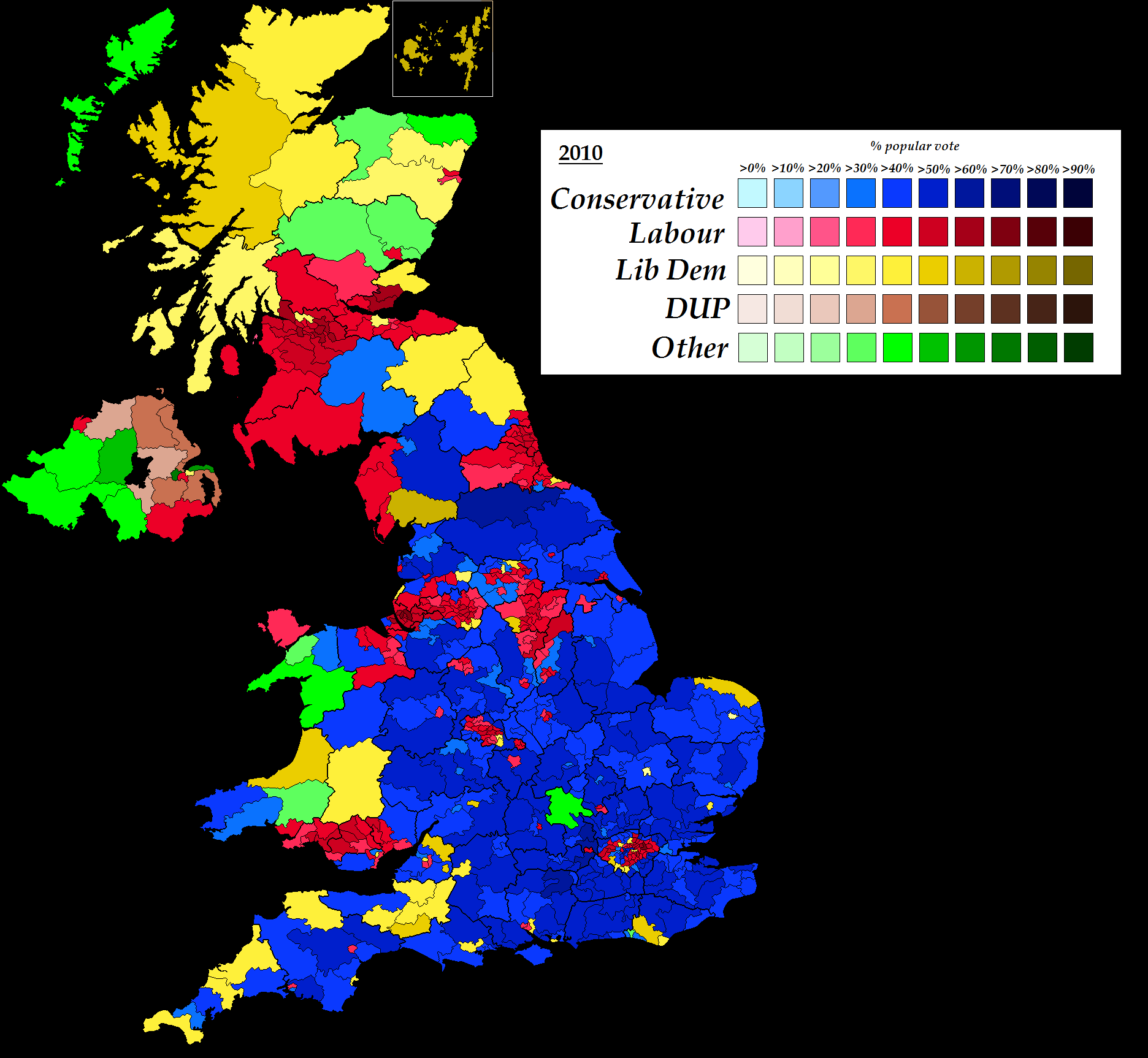

Thus an MP might represent only a few constituents, while at the same time many new towns, which had grown due to increased trade and industry, were entirely unrepresented, or inadequately represented. Often only one candidate would be nominated (or two for a two-seat constituency), so that the election was uncontested.

As voting was by show of hands at a single polling station at a single time, none dared to vote contrary to the instructions of the patron. In the early 19th century, reformists scornfully called these boroughs "rotten boroughs" or "pocket boroughs", or more formally "nomination boroughs", because their democratic processes were rotten and their MPs were elected by the whim of the patron, thus "in his pocket" the actual votes of the electors were a mere formality all or most of them voted as the patron instructed them, with or without bribery.


It was not unusual for the physical boundary of the settlement to change as the town developed or contracted over time, for example due to changes in its trade and industry, so that the boundaries of the parliamentary borough and of the physical settlement were no longer the same.įor centuries, constituencies electing members to the House of Commons did not change to reflect population shifts, and in some places the number of electors became so few that they could be bribed or otherwise influenced by a single wealthy patron. The Reform Act 1832 abolished the majority of these rotten and pocket boroughs.Ī parliamentary borough was a town or former town that had been incorporated under a royal charter, giving it the right to send two elected burgesses as Members of Parliament (MPs) to the House of Commons. The same terms were used for similar boroughs represented in the 18th-century Parliament of Ireland. Painting by John Constable, 1829Ī rotten or pocket borough, also known as a nomination borough or proprietorial borough, was a parliamentary borough or constituency in England, Great Britain, or the United Kingdom before the Reform Act 1832, which had a very small electorate and could be used by a patron to gain unrepresentative influence within the unreformed House of Commons. Old Sarum in Wiltshire, an uninhabited hill which until 1832 elected two Members of Parliament.


 0 kommentar(er)
0 kommentar(er)
